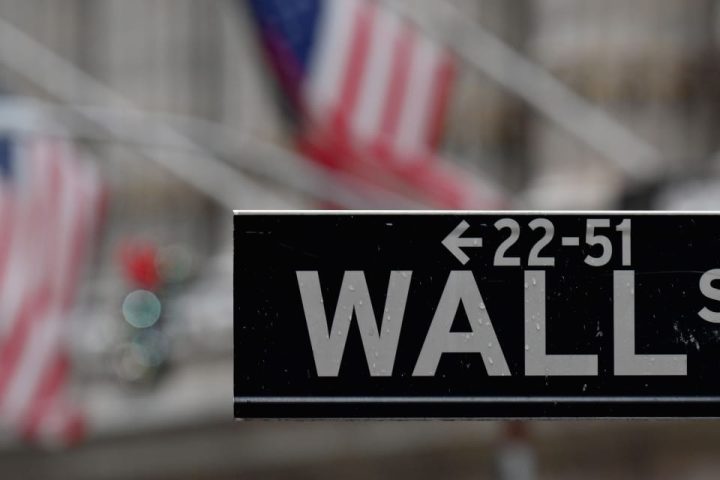By Trevor Hunnicutt
WASHINGTON (Reuters) – The United States risks some exposure to China’s economic slowdown and shipping disruptions in the Red Sea, but they appear contained, President Joe Biden’s top economic adviser said on Friday, adding that the U.S. economy is “upbeat.”
White House National Economic Council director Lael Brainard told reporters that she is tracking potential economic fallout from the attacks on ships in the Red Sea by the Iran-backed Houthis but that they appear “a little bit less salient for American supply chains than for other parts of the world.”
“Similarly, we’ve seen a less robust recovery in China but, there too, while that is an important factor for many countries in the region, in China’s neighborhood and some other economies that are very connected… the U.S. economy is much more diversified than that.”
Last year, China’s gross domestic product (GDP) expanded 5.2%, meeting the government’s target of around 5% growth. But the country continues to contend with a prolonged property slump, weak private sector and soft domestic consumption, while U.S. officials have often doubted the country’s economic statistics.
Brainard’s comments come as Biden has struggled to shake low public approval ratings ahead of his November re-election bid as voters worry about high costs despite increasingly rosy economic data, including the U.S. economy continuing to defy recession fears.
Brainard told reporters inflation was getting anchored at 2% and that recent consumer confidence and spending data showed Americans have faith in their personal finances while consumer goods are already seeing a slowdown in price increases.
She said key issues remain, including housing affordability and healthcare costs, which Biden is focused on addressing.
On Japan’s Nippon Steel’s planned acquisition of U.S. Steel, Brainard said Biden continues to think “steel is made in the U.S. by American steelworkers and that … national security considerations are core.”
The world’s fourth-largest steelmaker’s planned $14.9 billion deal has drawn criticism from Democratic and Republican lawmakers and the powerful United Steelworkers (USW) union, the main union at the third-largest U.S. steel company.
Read the full article here







